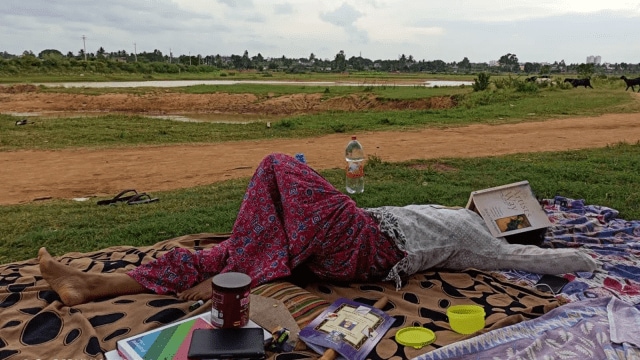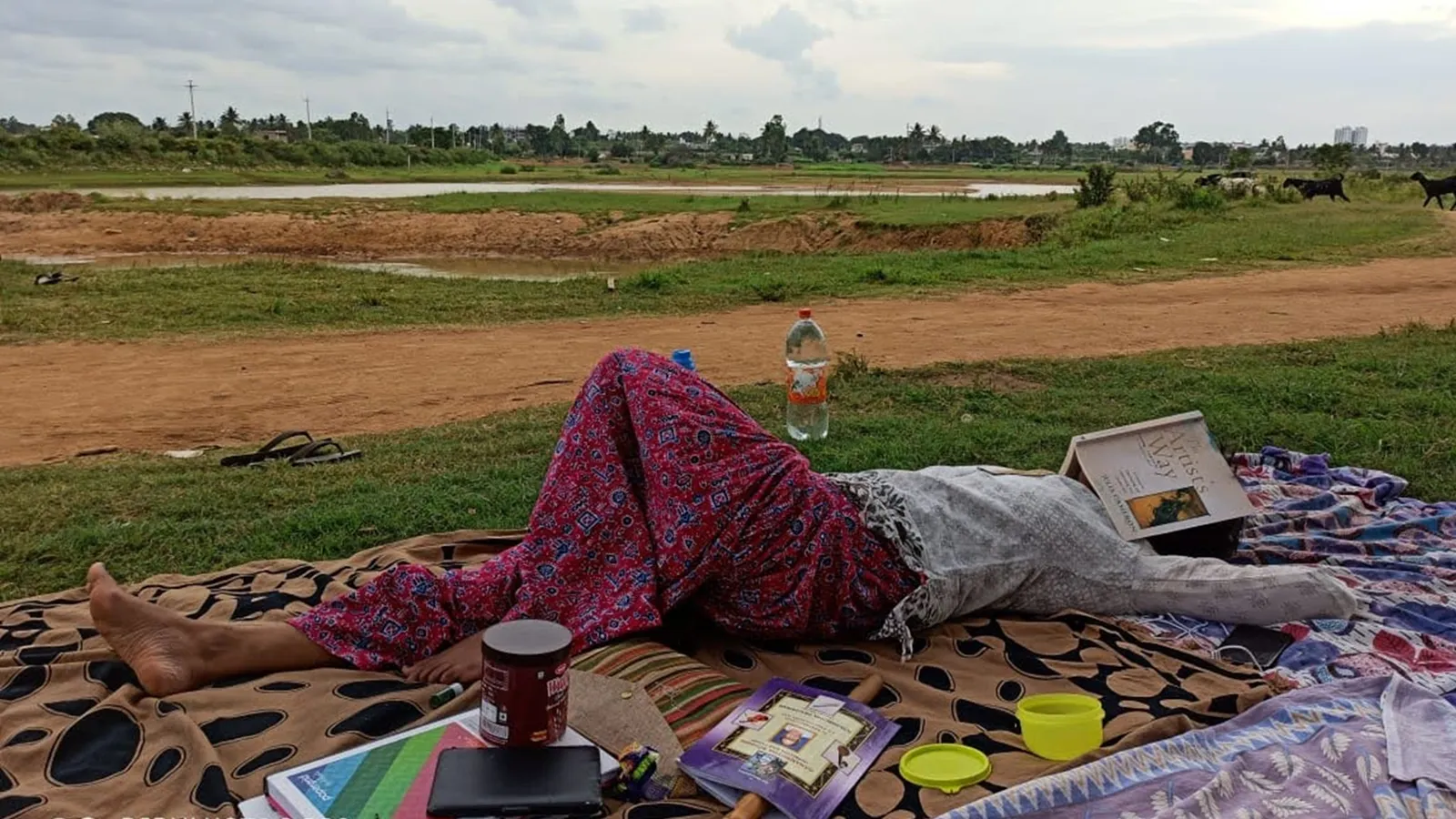
If you were to ask any working woman today whether she would wish her fate on her daughters, the response would mostly be negative. For those on the fence, the shocking revelations of the Hema Committee report, a redacted version of which was recently released, are likely to help them decide. As a society, we failed to foresee that bringing our girls en masse to the workplace was not merely an economic exercise but a social one. We taught our daughters to give their best in education, skill-set development and domestic responsibilities, but we neither created support systems for them, nor safe work environments. Thus, they face a triple whammy when they go out to work, simply by virtue of being women: One, the burden of both domestic and workplace responsibilities; two, discrimination at their workplace; three, threats to their dignity and life.
The double burden of work and care
Many of us have seen our mothers go to work. Office work did not make a dent in the burden of their household responsibilities. Even as we were motivated to study hard and join the workforce ourselves, no consideration was given to reassigning the important functions of running a household. This is especially true of childcare, which can never be completely outsourced, with many women continuing to be weighed down by guilt over not fully devoting themselves to it. A few years ago, as a fresh IPS officer, when I spoke to a subordinate about her tardiness at work, she informed me that she readied four uniforms and four sets of shoes before work every day, as her spouse was also in the police and her two children were of school-going age. She cooked, cleaned, packed four tiffins and dropped her children to school before work. She picked them up from school on her way back home, then prepared dinner and washed clothes. This is far too taxing for just one person without any help and will definitely have consequences — not only at the workplace but also in physical and emotional health. Most men don’t realise what a privilege it is to be able to get up and go to work without worrying about home, meals, kids, among other things.
Despite this kind of unsustainable level of physical and mental load, many women would have still flourished if the workplace had a fair work environment. But alas, most workplaces are manned by men. For years, they have determined the goals, the preferred modus operandi, the perceived outcome, and the success of any assignment. Women are excluded from important conversations, assignments and decisions because they are also understood to be responsible for their homes and childcare. We forget that we all thrive because of the unpaid care work provided by women. Instead of offering help, we judge and punish those who are caring for others.
Lack of safety and discrimination in the workplace
The Hema Committee report shows how modern workplaces are feudal, dominated by men (boys’ clubs) and, many times, unsafe for women. Basic amenities such as toilets and changing rooms are absent from film sets. The report has also highlighted horrifying tales of sexual abuse, silent bans, ageism, abuse of intoxicants and inhuman working conditions. The report confirms the substantial wage gap in the cinema industry and any woman who protests that risks losing work. The formation of the Hema Committee itself was the outcome of the efforts of the WCC (Women in Cinema Collective) which doggedly pursued the cause since 2017. Actors who are part of the WCC reported how they have been targeted, sidelined and denied work since the formation of the collective.
Many consider the male domination in the film industry to be an “occupational hazard”. To them, we ask, which industry is safe for our daughters?
The recent rape and murder of medical professionals confirms the rotten mindset of men across the board.
What is the way forward?
We must begin by acknowledging that there is a problem. Change begins at home, so we must push for better division of domestic work. There should be more stringent implementation of the Protection of Women from Sexual Harassment Act, 2013 (PoSh) so that reporting incidents to the Internal Complaints Committee and Local Complaints Committee does not result in silencing women employees. Stricter and quicker punishments for gender-based violence and discrimination are also necessary. Most importantly, however, mindsets must change. Women have served in a hellish work environment for years, our daughters deserve better.
The writer is an IPS officer



